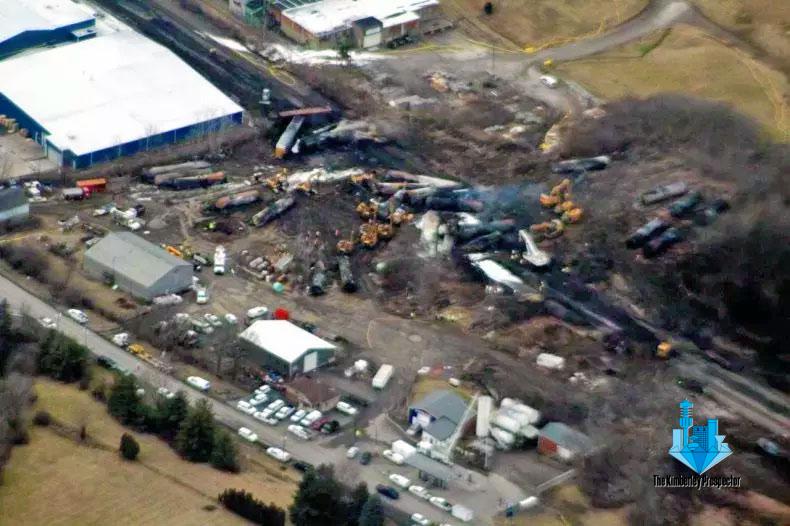USA – The recent derailment of a train carrying hazardous materials in East Palestine, Ohio, has highlighted the long-term risks of environmental damage that can occur from this type of incident. In the wake of the accident, Texas A&M researchers conducted an independent analysis of EPA data and found that nine air pollutants had registered at levels that could have long-term health impacts on those living in and around the crash site.
The EPA, however, maintains that the levels pose no short-term risks and are likely to dissipate. This response stands in contrast to the reports of residents who have reported symptoms such as rashes, breathing problems, and other health effects.
The situation is further compounded by the fact that the initial estimates of the number of animals killed in the 7.5-mile area impacted by the derailment were significantly underreported. The Ohio Department of Natural Resources was initially told that it was too dangerous to conduct a full analysis without specialized gear, and the initial estimate of 3,500 deaths has now risen to over 43,700.
This is a reminder of the importance of proper regulation and oversight of hazardous materials transport, and the need for governments to prioritize the safety of their citizens over corporate interests. This is especially true in the East Palestine area, which has been devastated by deindustrialization and an opioid addiction epidemic.
The EPA’s response to the incident has been to downplay the risks, and the media has largely followed suit. This is a troubling trend, and it is essential that the media and government officials take the necessary steps to ensure that the people of East Palestine are not further exposed to any health risks. It is also important that the government holds those responsible accountable and ensures that the proper safety protocols are in place to prevent further accidents.
